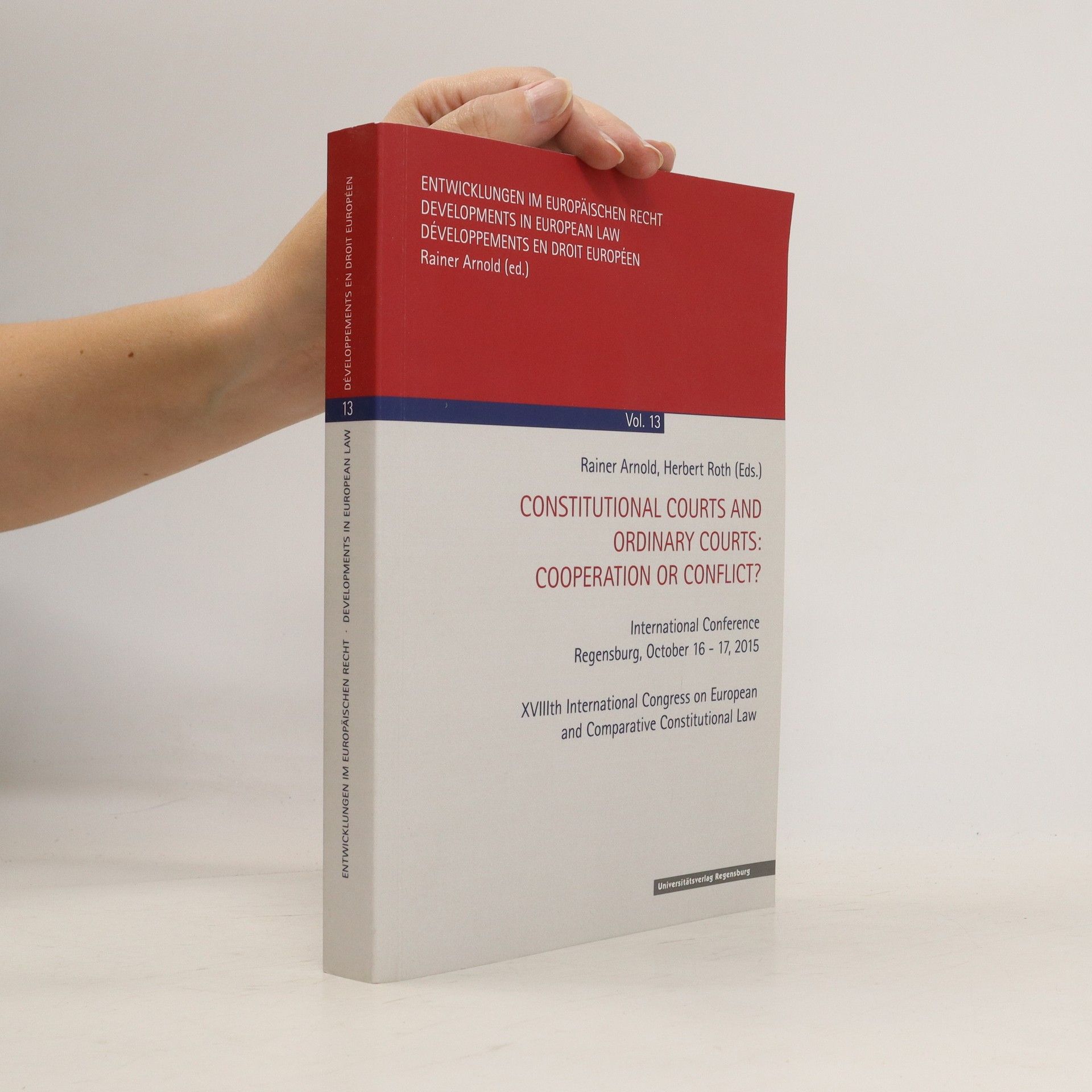Rainer Arnold Livres






Der Wolkenschmaus
- 229pages
- 9 heures de lecture
Páté vydání populární učebnice je nejen systematickým výkladem unijního práva, ale i komentářem ke klíčovým ustanovením tohoto právního odvětví. Přináší výklad pramenů primárního a rovněž i sekundárního unijního práva. Reflektuje ideový kontext a rozvoj základních konceptů, na nichž je evropská integrace a především Evropská unie postavena.
Vom gestohlenen Perlhuhn
- 238pages
- 9 heures de lecture
Prameny a nové proudy právní vědy - 15: Základy práva Evropských společenství
Úvod, vybraná ustanovení Smlouvy ES, rozsudky, vícejazyčná terminologie
- 287pages
- 11 heures de lecture
